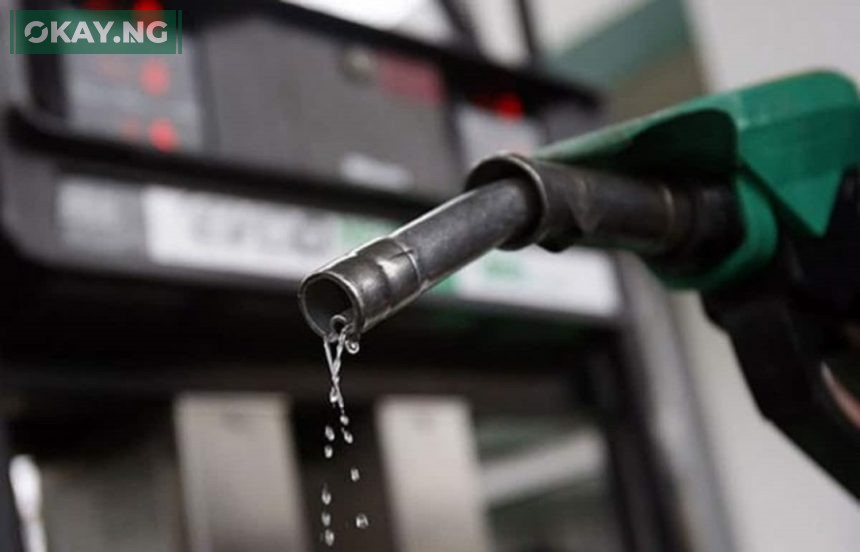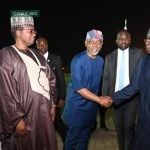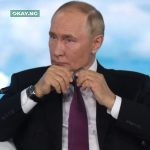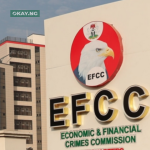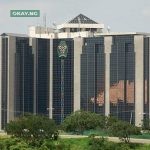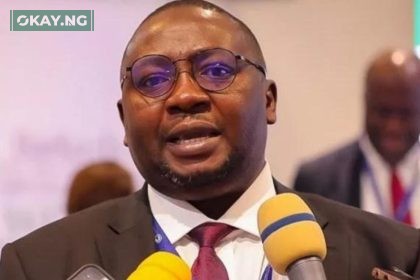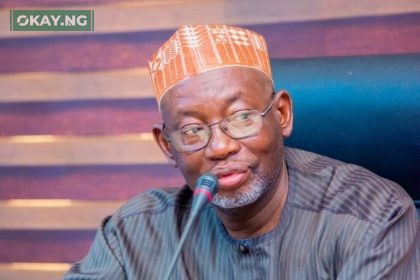Nigerians may soon face higher petrol prices as the landing cost of imported Premium Motor Spirit (PMS) has surged by N88 per litre within a week, according to industry data. The development comes amid stalled negotiations between the Dangote Petroleum Refinery and federal authorities over a crucial naira-for-crude oil supply agreement.
Fresh figures from the Major Energies Marketers Association of Nigeria (MEMAN) reveal the landing cost jumped from N797/litre last week to N885/litre this week – surpassing the N860/litre pump price currently charged by some retailers. With distribution margins and dealer markups still to be added, analysts warn stations could soon sell petrol above N1,000/litre, reversing recent price declines.
The price volatility stems from two key factors: the Dangote refinery’s suspension of naira-denominated fuel sales and increased reliance on expensive imports. Last week, Africa’s largest refinery halted domestic PMS sales in local currency, citing misalignment between dollar-denominated crude purchases and naira revenue. The move followed the collapse of government-mediated talks to sustain the naira-for-crude arrangement that had enabled earlier price cuts.
“Without the naira crude supply, Dangote can’t maintain its competitive pricing,” explained energy analyst Mark Williams. “This removes the downward pressure that forced importers to sell at losses when the refinery slashed prices.”
The situation has triggered panic buying, with some dealers stockpiling fuel ahead of anticipated hikes. Depot prices in Lagos already climbed from N850/litre to N900/litre post-announcement. IPMAN’s Chinedu Ukadike confirmed “abnormal demand surges” as marketers speculate on future prices.
Meanwhile, seven PMS-laden vessels carrying 154 million litres docked at Nigerian ports last week – signaling renewed import dependence. The shipments arrived as Dangote refined 654,766 metric tonnes of crude, highlighting the paradox of simultaneous imports and local refining.
Industry groups remain divided on solutions. While PETROAN warns dollar-denominated fuel sales would “worsen inflation,” depot owners oppose reviving the naira crude deal. DAPPMAN’s Olufemi Adewole argued the arrangement risks forex instability, stating: “Crude transactions traditionally use dollars for global acceptability.”
MEMAN maintains price fluctuations are inevitable in a deregulated market. “Resistance from those accustomed to price control is expected,” read its quarterly communique, urging patience as reforms mature. The group emphasized regulatory oversight by NMDPRA and FCCPC to ensure fair competition.
As stakeholders await government intervention, economists warn sustained high fuel costs could exacerbate Nigeria’s economic challenges. With the NNPC yet to comment on the impasse, consumers brace for another round of energy price turbulence.


